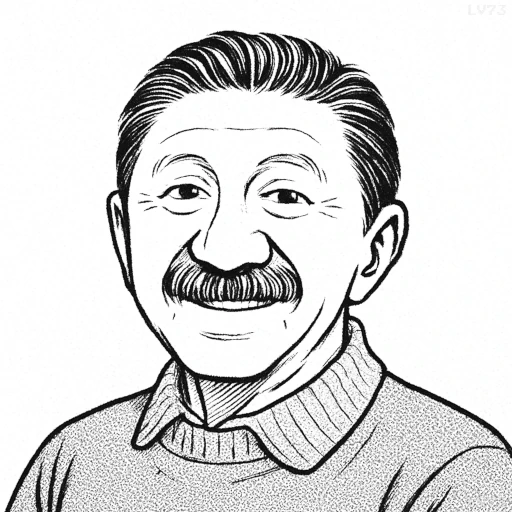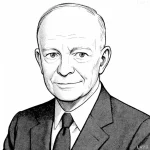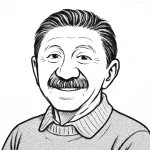“With my childhood, it’s a wonder I’m not psychotic. I was the little Jewish boy in the non-Jewish neighborhood. It was a little like being the first Negro enrolled in the all-white school. I grew up in libraries and among books, without friends.”

- April 1, 1908 – June 8, 1970
- American
- Psychologist, Creator of Maslow’s Hierarchy of Needs, Humanistic Psychology Pioneer
table of contents
Quote
“With my childhood, it’s a wonder I’m not psychotic. I was the little Jewish boy in the non-Jewish neighborhood. It was a little like being the first Negro enrolled in the all-white school. I grew up in libraries and among books, without friends.”
Explanation
This deeply personal quote, attributed to Abraham Maslow, reveals the pain of social isolation and cultural alienation he experienced during his formative years. Maslow uses stark imagery—comparing himself to the “first Negro enrolled in the all-white school”—to emphasize the intense sense of otherness he felt as a Jewish child growing up in a predominantly non-Jewish environment. This sense of exclusion profoundly shaped his later work, as he sought to understand how individuals develop self-worth and resilience in the face of rejection.
Maslow’s reference to growing up “in libraries and among books, without friends” highlights how intellectual refuge became his coping mechanism. Instead of succumbing to loneliness or despair, he immersed himself in knowledge, which later informed his psychological theories. His childhood experience lends emotional weight to his lifelong commitment to studying human potential, self-acceptance, and the conditions for psychological well-being. The trauma of his youth may have given him a heightened sensitivity to the role of environment and belonging in human development.
Today, this quote can resonate with those who feel marginalized due to ethnicity, religion, or social background. Maslow’s life exemplifies how early adversity can lead to deep empathy and groundbreaking insight. His story reminds us that alienation can become a source of wisdom, and that some of the most significant contributions to human understanding are born from the effort to heal one’s own wounds.
Would you like to share your impressions or related stories about this quote in the comments section?




